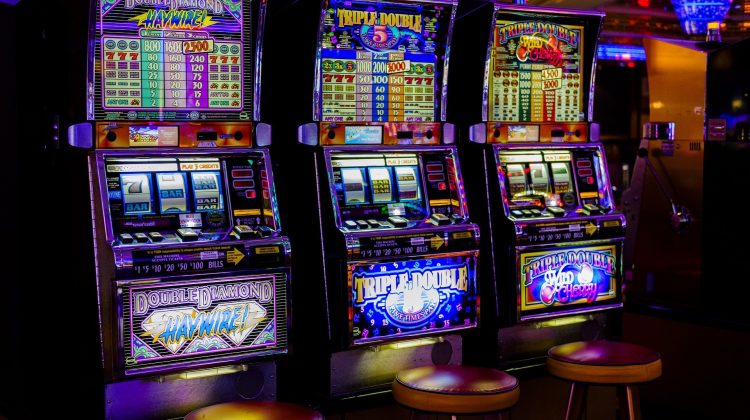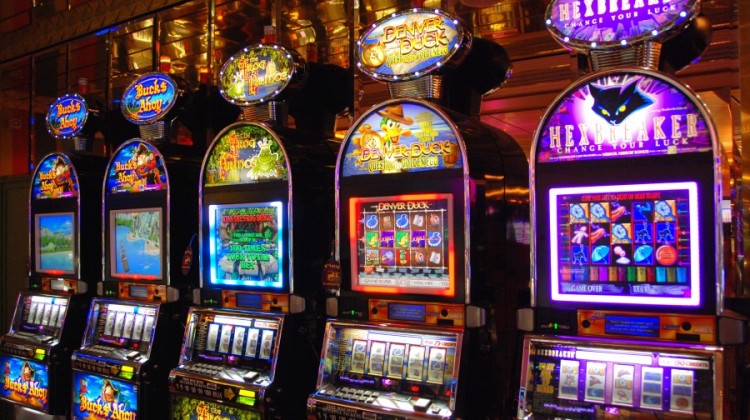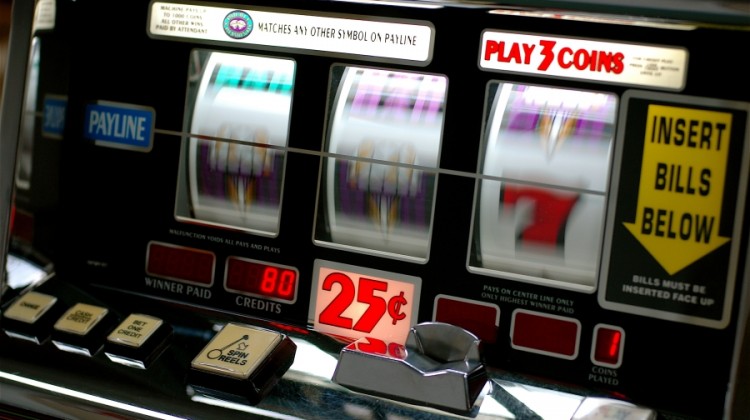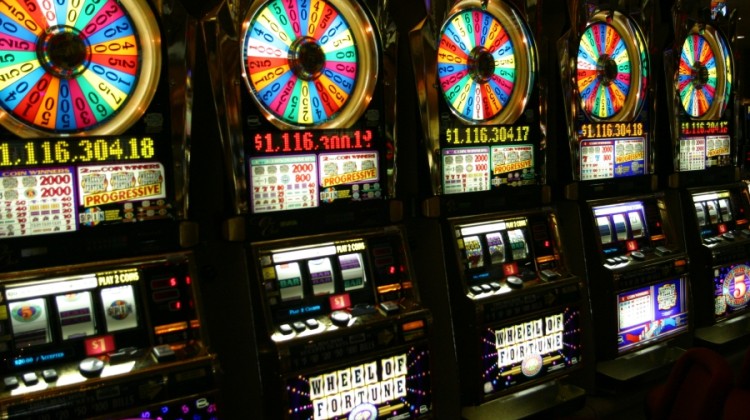Gambling addiction is a horrible disease. Many do not call gambling addiction a disease because it sounds like a medical condition or something that is uncontrollable.
The word disease actually means “to be dis at ease” with a certain ailment or condition. Calling gambling addiction a disease just means that a person is dis at ease with gambling.
This does not mean that the gambler has no personal responsibility over his or her problem. A person with a severe gambling problem or compulsive gambling problem must take personal responsibility to stop gambling, or else every aspect of life can be ruined as he or she knows it.
Gambling problems destroy lives, and not only destroy the gamblers’ life but the loved ones that are part of the compulsive gamblers’ life as well.
Gambling addiction is a silent addiction, and this addiction can go on in a person long before any loved one, including friends and family find out about this.
You cannot smell gambling on someone (except when they were in a smoke filled casino), or you cannot see it in their eyes or their body movements.
The only way you may be able to discover that a loved one has a gambling problem is if you take a look at their bank account and see numerous ATM withdrawals on the same day from a casino or racetrack. That alone is a very strong indicator, however, that discovery is usually by the spouse or perhaps parent of the gambler.
So why does the gambling addict throw away his or her future because of a gambling addiction? How does this actually happen, and why?
*A gambling addiction is a progressive disease, and tends to get worse over time. Usually what happens is that the gambler builds a tolerance to the bet, and it requires a much higher wager over time to establish the same type of “gamblers high”. You see, a gambling addict does not really gamble to win. A gambling addict gambles to get high, and continue playing as long as possible. It is not about the win, but the means to the win. Gambling addiction is a means in itself, and not a means to an end. The gambling addict wants to stay in action as long as possible.
*Because bets tend to increase over time, and the amount of time the gambler plays in the casino, hangs at the track, or plays poker or slots online, the losses pile up very fast and easy.
*Gambling debts, payday advances failure to pay bills on time or at all start to become the norm now for the gambling addiction.
*Financial problems become intertwined with emotional problems including stress, lack of sleep, poor eating habits, anxiety, and depression.
*School and work can be missed as the deterioration continues as the disease of gambling addiction continues to run its’ course.
*Some gamblers resort to stealing and embezzling and risk going to jail because they are unable to stop gambling.
*Loss of family, loss of social life and friends all become commonplace for the gambling addict as things become worse and worse over time.
*Gambling addiction and compulsive gambling can become all consuming and can take over every area of the person’s life.
These are just a few things to consider if you or someone you know has a gambling problem. The best thing for the gambler to do is to stop gambling, and to get help immediately.
Gambling addiction truly has the highest suicide rate of all addictions, which makes it even more important to stop gambling and to get help.
Problem gambling and compulsive gambling kill and ruin lives very rapidly. It is important that you understand the seriousness of the disease of gambling.
By Michelle Tukachinsky
Michelle S. Tee is a self help coach and author who specializes in gambling addiction and stop gambling She is the author of “111 Tips To Stop Your Gambling Addiction and Reclaim Your Life”.













No Comment